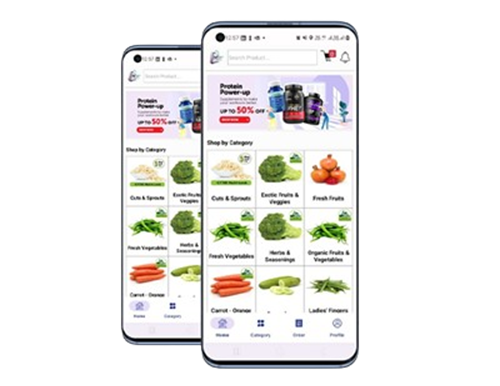What is Java App Development?
Java app development refers to the process of creating applications using the Java programming language. Java is a versatile, platform-independent language known for its portability, performance, and security.
Java App Development
Platform Independence
Java applications are typically compiled to bytecode, which can run on any device equipped with a Java Virtual Machine (JVM), making it cross-platform.
Types of Applications
- Desktop Applications: GUI-based applications using libraries like Swing or JavaFX.
- Web Applications: Server-side applications using frameworks like Spring, JavaServer Faces (JSF), or Servlets.
- Mobile Applications: Android apps are primarily developed in Java (though Kotlin is also popular).
- Enterprise Applications: Large-scale applications often using Java EE (Enterprise Edition) technologies.
Development Tools
Popular IDEs for Java development include IntelliJ IDEA, Eclipse, and NetBeans, which provide features like code completion, debugging, and project management.
Frameworks and Libraries
Java has a rich ecosystem of frameworks and libraries that streamline development, such as Spring (for web applications) and Hibernate (for database interactions).
Community and Support
Java has a large community and extensive documentation, making it easier to find resources, libraries, and frameworks.
Security
Java includes built-in security features, such as the Java Security Manager, which helps control what resources an application can access.
Our Project on Java
In this project, we harness the capabilities of Flutter to create a mobile application that exemplifies the framework's strengths. Our goal is to build a user-friendly, high-performance app that caters to our target audience while leveraging the advantages of cross-platform development. By utilizing a single codebase, we can efficiently deploy our app on both iOS and Android platforms, significantly reducing development time and resources.

